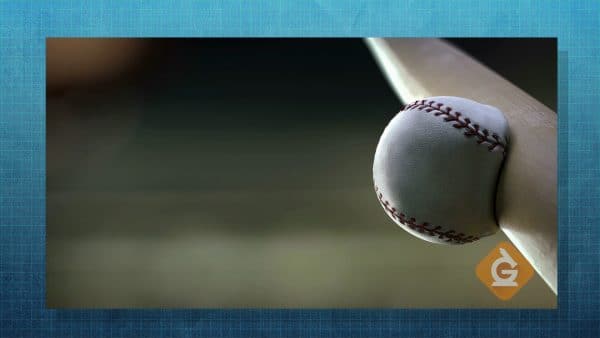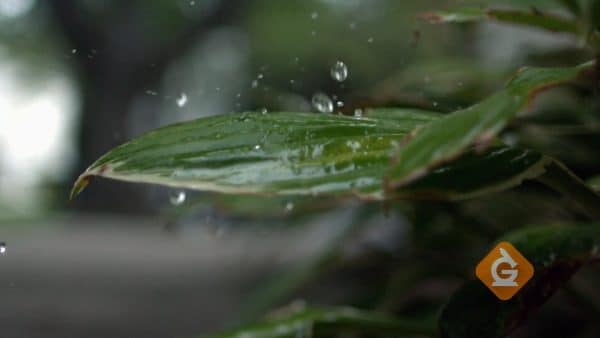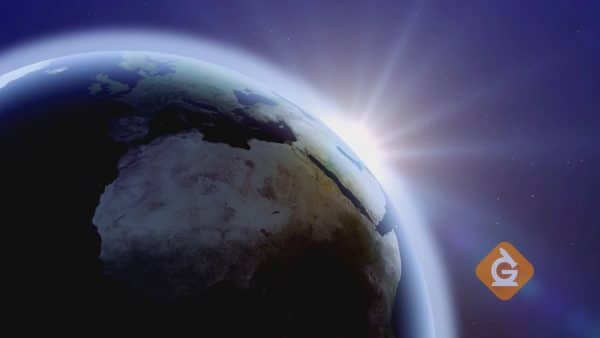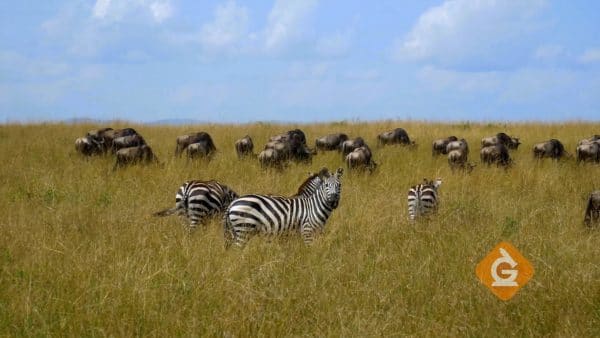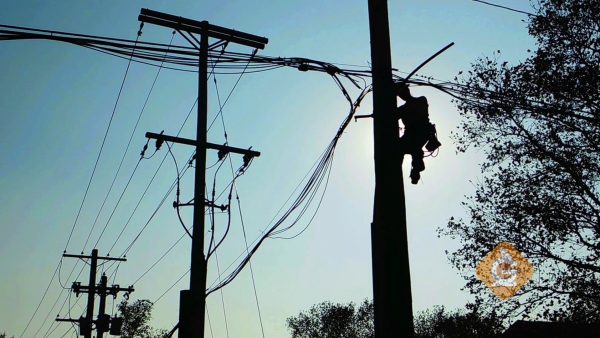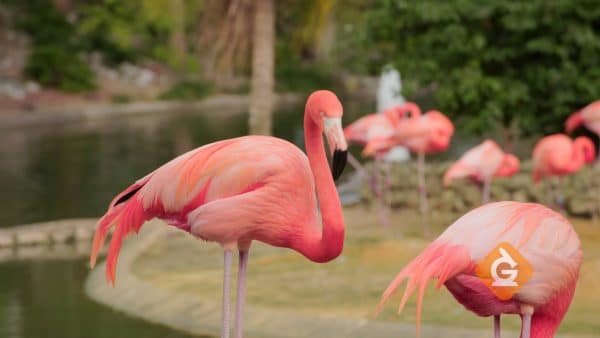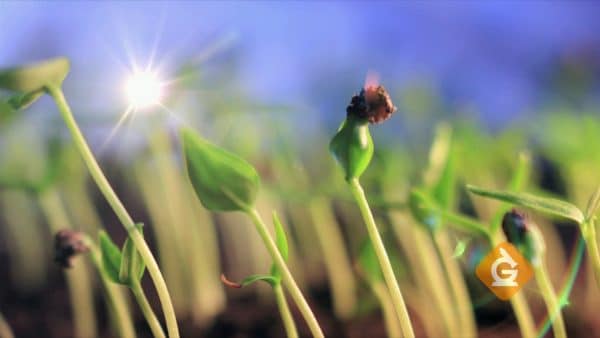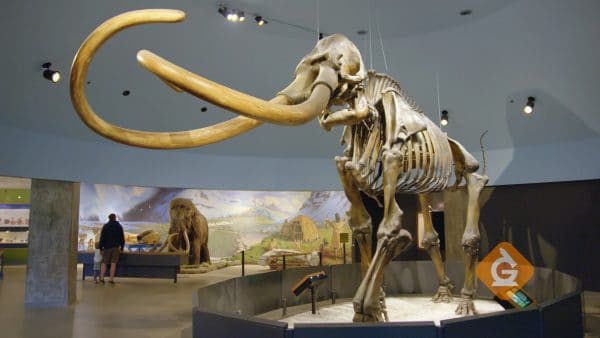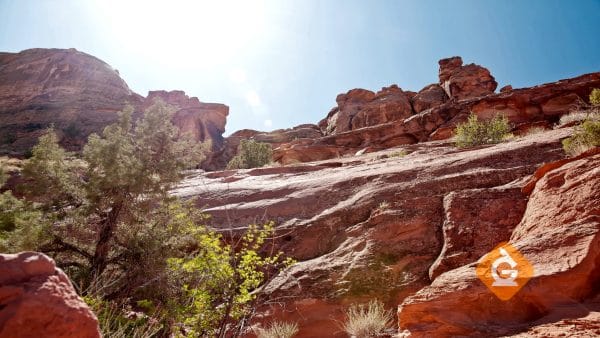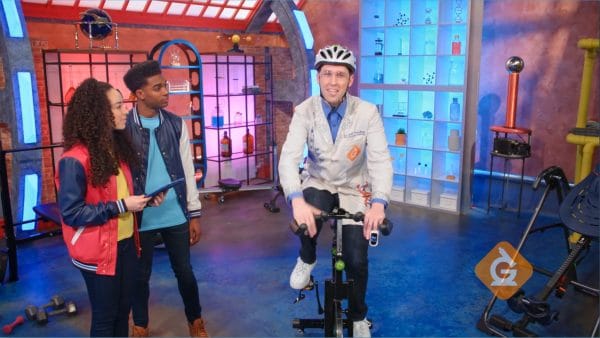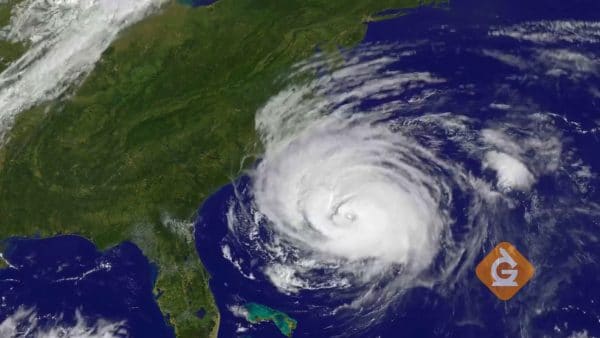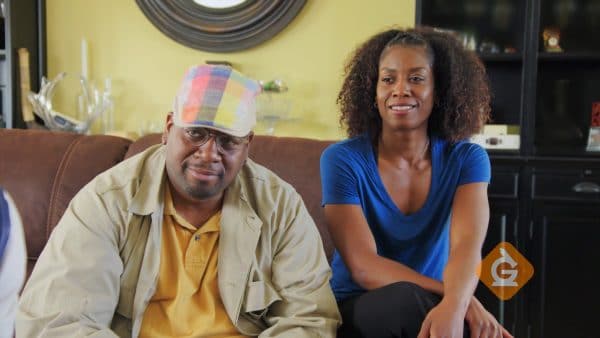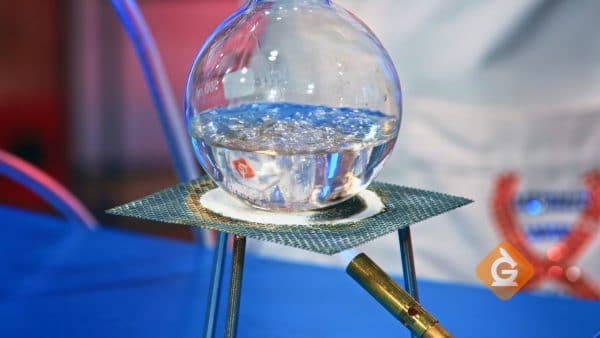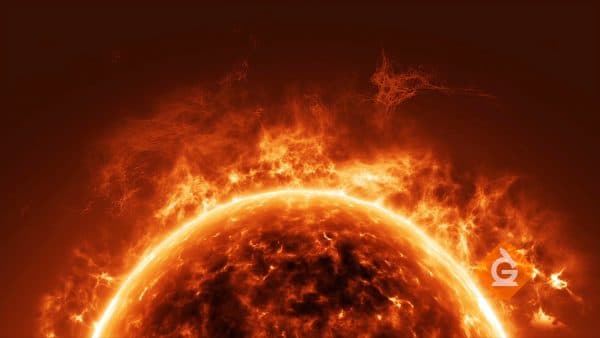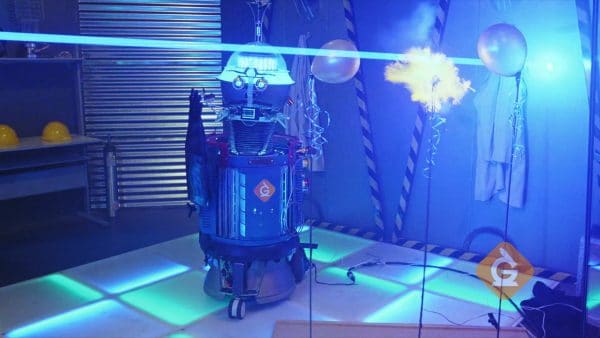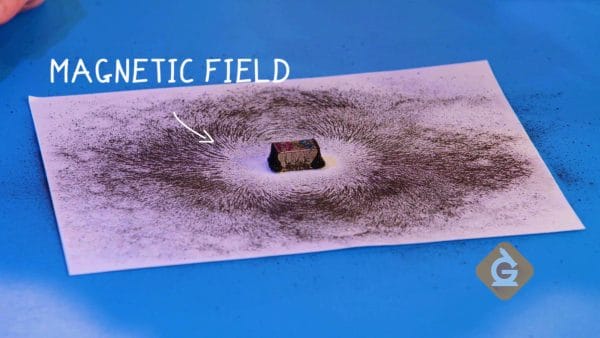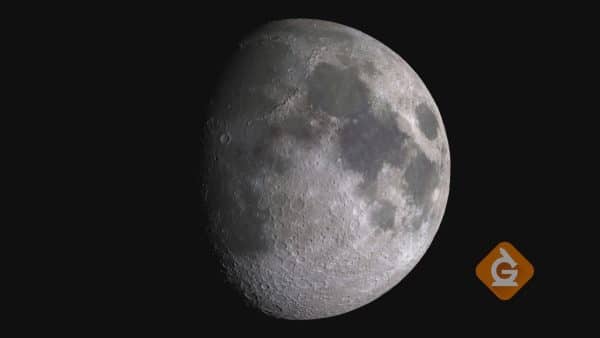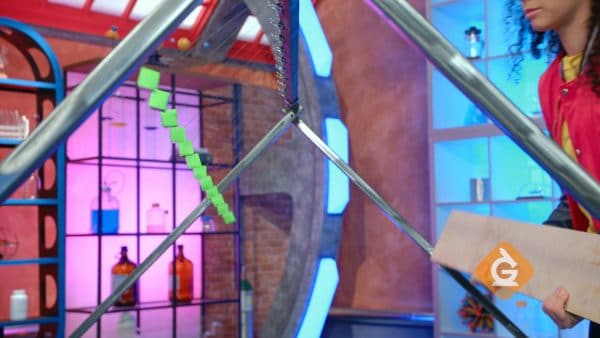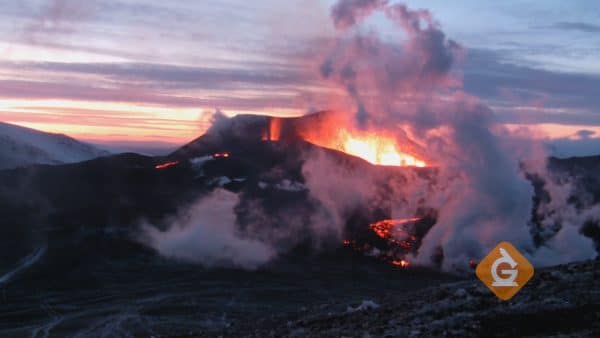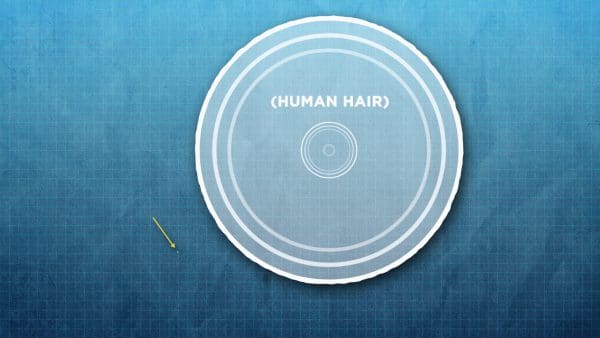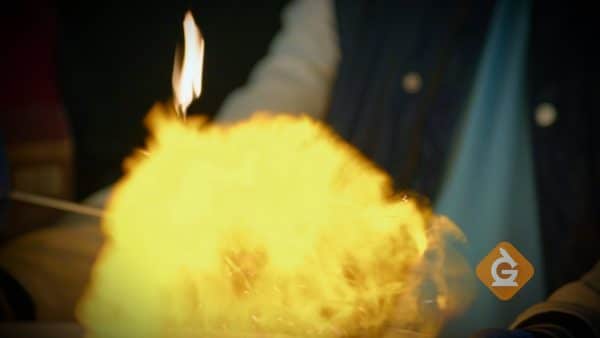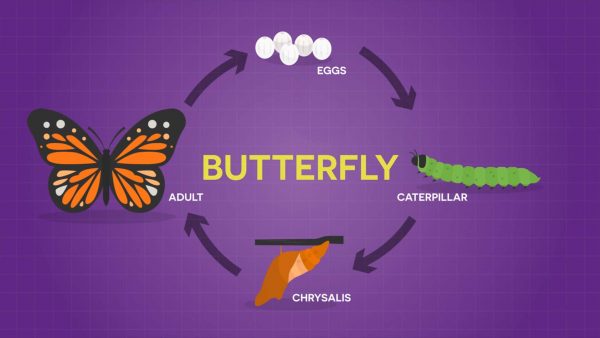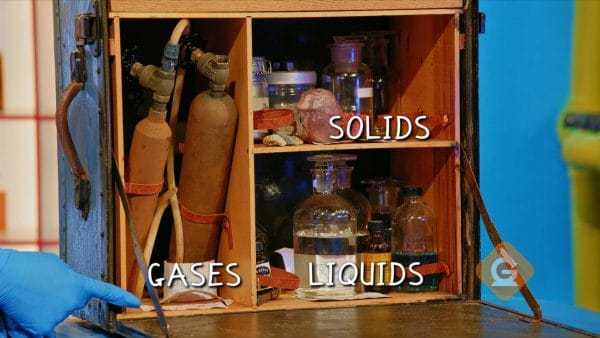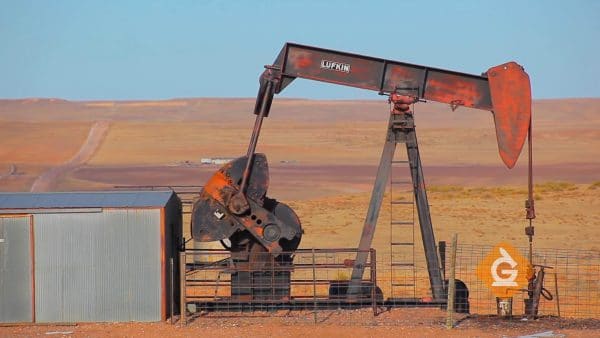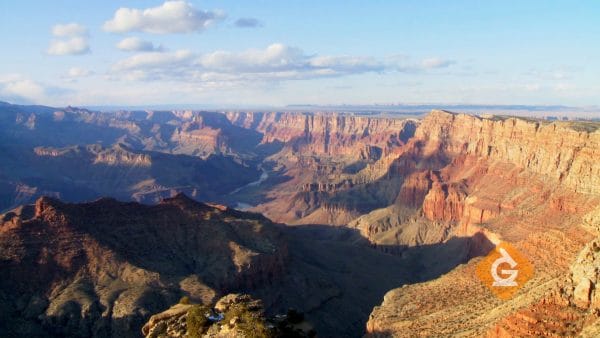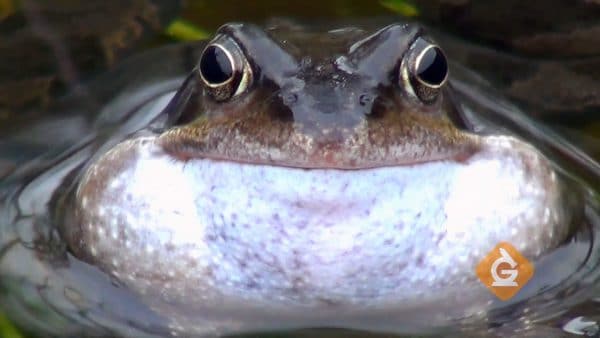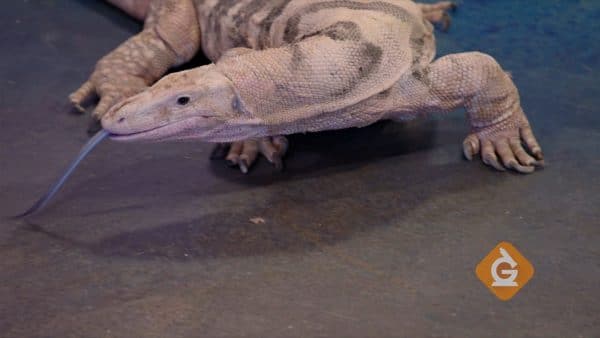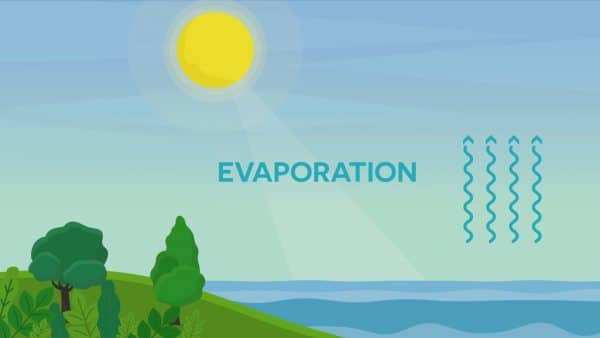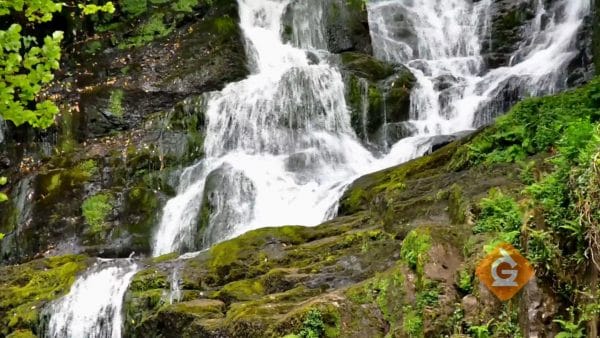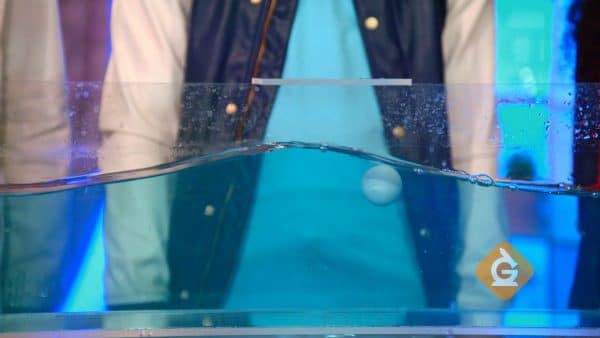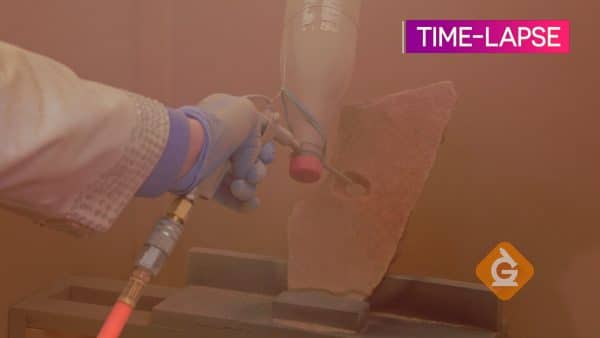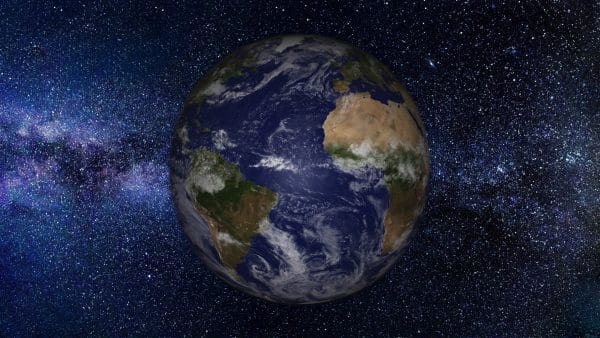Science Articles
-
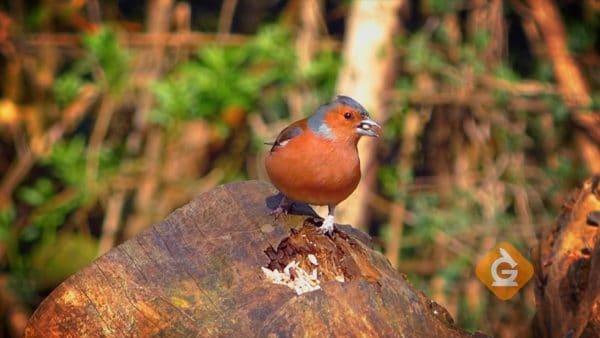
Science Articles
Adaptations and the Environment | Science Lesson For Kids | Grades 3-5
An adaptation is a characteristic of a living thing that helps it survive in its environment. An environment includes everything living and non-living in the area that a plant or ...
-
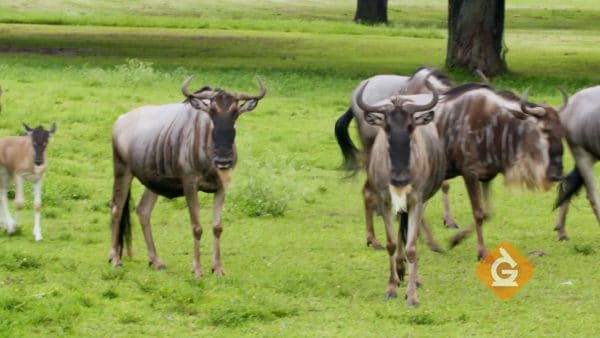
Science Articles
Animal Group Behavior | Science Lesson for Kids | Grades 3-5
Group behavior is what animals do with other animals to help them survive. Groups can be large, like a herd of a million wildebeest, or small, like a pride of a few lions. Humans l...
-
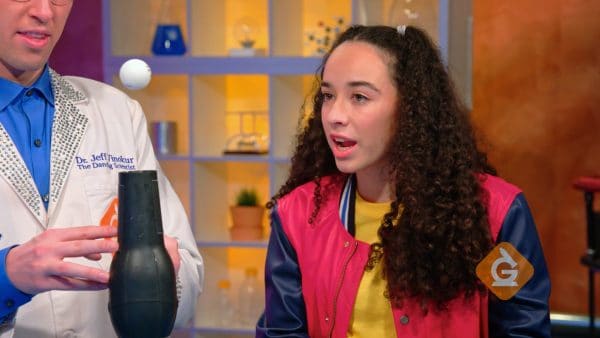
Science Articles
Balanced & Unbalanced Forces | Science Lesson For Kids | Grades 3-5
A force is a push or pull. Sometimes forces cause objects to move, and sometimes forces slow, stop, or change the direction of an object’s motion. Gravity is an example of a forc...
-
Science Articles
Collisions Transfer Energy | Science For Kids | Grades 3-5
A collision happens when one object runs into another. When objects collide, the energy transfers from one object to the other. Energy is the ability to do work (or in more simple...
-
Science Articles
Difference Between Weather and Climate | Science Lesson for Kids (Grades 3-5)
Weather is the day-to-day variation of the atmosphere’s condition locally. Climate is the variation of weather conditions over long periods of time, usually years....
-
Science Articles
Earth’s Orbit and Rotation | Science Lesson For Kids in Grades 3-5
The Earth moves in two different ways. Earth orbits the sun once a year and rotates on its axis once a day. The Earth’s orbit makes a circle around the sun. At the same time th...
-
Science Articles
Ecosystems | Science Lesson For Kids | Grades 3-5
An ecosystem is a community of interacting organisms and their environment. Living things interact with each other and also with non-living things like soil, water and air. Ecosyst...
-
Science Articles
Energy Transfer Lesson for Kids | Sound, Light & Heat, Grades 3-5
Energy is the ability to do work, or in more simple terms: energy makes things happen. You use energy to ride your bike, play video games, bake cookies, and drive to school. Energy...
-
Science Articles
Food Energy Basics for Kids | Science Lesson For Grades 3-5
Food is any nutritious substance that people or animals eat to give them energy and building blocks to grow and repair. Our bodies tell us when we need food by feeling hungry. The ...
-
Science Articles
Food Webs and Food Chains for Kids | Science Lesson for Grades 3-5
To understand how plants and animals interact, scientists make diagrams called food chains. A food chain shows a sequence of living things in which one organism eats the one below...
-
Science Articles
Fossils & Extinction | Science Lesson For Kids | Grades 3-5
Fossils are the remains or traces of plants and animals that live a long time ago. Fossils help scientists understand what life was like millions of years ago. Some fossils provide...
-
Science Articles
Geosphere, Biosphere, Hydrosphere & Atmosphere | Fun Science Lesson
The spheres are the four subsystems that make up the planet Earth. They are called spheres because they are round, just like the Earth. The four spheres are the geosphere (all th...
-
Science Articles
Human Body Systems Lesson (Grades 3-5) | Circulatory, Digestive & Respiratory
A body system is a group of organs that work together to perform a specific function. The human body has 11 body systems. The systems studied in elementary school are usually the c...
-
Science Articles
Hurricanes, Tornadoes & Lightning For Kids | Science Lesson on Extreme Weather
Extreme weather is any weather that falls outside of normal patterns. This includes heavy winds, thunderstorms, floods, heat waves, tornados, hurricanes, hail, and blizzards....
-
Science Articles
Information Transfer | Science Lesson For Kids | Grades 3-5
Information transfer is the way information is turned into a code and transferred from one place to another. Computers and other electronic devices transfer information in the form...
-
Science Articles
Inherited Traits | Science Lesson for Kids | Grades 3-5
Traits are your physical characteristics, like your hair or eye color. Every living thing has traits that make it unique. Most traits are passed down from parents, however, they ca...
-
Science Articles
Law of Conservation of Matter | Science Lesson for Kids | Grades 3-5
The Law of Conservation of Matter says that the amount of matter stays the same, even when matter changes form. Sometimes it may seem that matter disappears during a science experi...
-
Science Articles
Learn About the Sun & Stars | Science Lesson for Kids | Grades 3-5
A star is an exploding ball of burning gas held together by gravity. Our sun is a star! It produces great amounts of energy in the form of light and heat that provide the perfect ...
-
Science Articles
Light Reflection & Vision | Science Lesson For Kids | Grades 3-5
We can see because of light. Most light comes from the sun, light bulbs, and lasers. Light is a form of energy that moves in straight lines. It also reflects off things, and that ...
-
Science Articles
Magnets & Static Electricity | Science Lesson For Kids | Grades 3-5
Forces can be applied at a distance through magnetism and static electricity. A magnet is an object that can attract some metals like iron. Static electricity can also attract obje...
-
Science Articles
Moon & Its Phases Science Lesson For Kids | Grades 3-5
The portion of the moon that we can see from Earth on any given night is called the moon’s phase. As the moon orbits around the Earth, sunlight is reflected off the moonR...
-
Science Articles
Motion and Friction | Science Lesson For Kids (Grades 3-5)
Motion is the process of an object moving or being moved. Motion that repeats is said to occur in a pattern. We can observe patterns of motion to make predictions about how thin...
-
Science Articles
Natural Disasters Lesson: Earthquakes, Volcanoes & Tsunamis For Kids
Earthquakes, volcanoes, tsunamis, hurricanes, and tornadoes are all examples of natural disasters. Natural disasters are natural events that can cause great damage. We can’t stop...
-
Science Articles
Particle Nature of Matter | Science Lesson For Kids | Grades 3-5
Matter is anything that has weight and takes up space. A particle is the smallest possible unit of matter. Understanding that matter is made of tiny particles too small to be seen ...
-
Science Articles
Physical and Chemical Changes | Science Lesson For Kids | Grades 3-5
In a chemical change, a new substance is made, like when you burn a candle. In a physical change, no new substance is made, like when water turns to ice....
-
Science Articles
Plant and Animal Life Cycles | Science Lesson For Kids | Grades 3-5
A life cycle is a series of stages a living thing goes through during its life. All plants and animals go through life cycles. It is helpful to use diagrams to show the stages, whi...
-
Science Articles
Properties of Matter | Science Lesson for Kids | Grades 3-5
Matter is anything that has weight and takes up space. Everything you can see and touch is made up of matter. Matter exists in three main forms: solids, liquids, and gases. It also...
-
Science Articles
Renewable and Nonrenewable Energy | Science Lesson For Kids | Grades 3-5
Nonrenewable energy sources, like coal, oil, and natural gas, cannot be easily replenished. A renewable energy source can be more easily replenished. Common examples of renewable ...
-
Science Articles
Rock Layers & Fossils | Science Lesson For Kids | Grades 3-5
A landscape describes all the visible features of the Earth’s surface now or in the past. We can learn about Earth’s landscapes from the past by studying rock layers and the fo...
-
Science Articles
Senses, Brain & Nervous System | Science Lesson For Kids | Grades 3-5
We use our senses to gather information about the world around us. Senses refer to the ability to see, taste, touch, smell, and hear. Our sense receptors send signals to the brain....
-
Science Articles
Structure & Function of Plants & Animals | Science Lesson For Kids
A structure is anything made up of parts held together. Plants and animals have many structures that help them survive. Some structures are internal, like the lungs, brain, or hear...
-
Science Articles
Water Cycle Definition and Steps | Science Lesson for Kids
The water cycle is the process of water moving around between the air and land. Or in more scientific terms: the water cycle is the process of water evaporating and condensing on p...
-
Science Articles
Water Quality & Water Distribution Video Lesson | Learn About Earth’s Water Supply
Water is an essential substance needed by all living things. Water quality is a measurement of the condition of water and how clean it is for living things, including humans. The d...
-
Science Articles
Waves Lesson for Kids | Grades 3-5 | Sound, Water, Wavelength & Amplitude
Waves are a pattern of motion that transfer energy from place to place without transferring matter. There are different types of waves. Sound waves travel through air and allow us...
-
Science Articles
Weathering & Erosion | Science Lesson For Kids | Grades 3-5
Weathering breaks down the Earth’s surface into smaller pieces. Those pieces are moved in a process called erosion, and deposited somewhere else. Weathering can be caused by wind...
-
Science Articles
What Is Science? (3-5 Version) | Science Lesson for Kids | Grades 3-5 NGSS
Science is the process of learning about the natural world through observation and experimentation. In science, evidence is #1. People who study science are called scientists and t...
Science Videos By Grade
- 1st Grade Math Videos & Lessons
- 1st Grade Science Videos & Lessons
- 2nd Grade Math Videos & Lessons
- 2nd Grade Science Videos & Lessons
- 3rd Grade Math Videos & Lessons
- 3rd Grade Science Videos & Lessons
- 4th Grade Math Videos & Lessons
- 4th Grade Science Videos & Lessons
- 5th Grade Math Videos & Lessons
- 5th Grade Science Videos & Lessons
- 6th Grade Math Videos & Lessons
- 6th Grade Science Videos & Lessons
- 7th Grade Math Videos & Lessons
- 7th Grade Science Videos & Lessons
- 8th Grade Math Videos & Lessons
- 8th Grade Science Videos & Lessons
- Kindergarten Math Videos & Lessons
- Kindergarten Science Videos & Lessons

